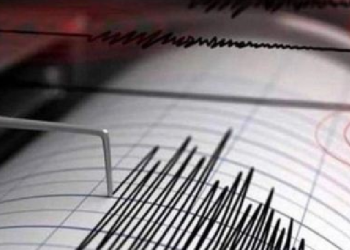New Delhi: After Uzbekistan’s Health Ministry alleged that Indian company Marion Biotech’s cough syrup was responsible for the death of 18 children, such drugs have sparked safety concerns in the past too across the globe and back home too.
In October this year, the World Health Organisation (WHO) issued a global alert over four cough syrups that were linked to the deaths of almost 66 children in The Gambia.
The WHO found the syrups used there — made by an Indian pharmaceutical company — contained “unacceptable amounts” of diethylene glycol and ethylene glycol. The syrups have been “potentially linked with acute kidney injuries”, said the organisation.
The Centre formed a panel to examine the detailed report shared by the WHO.
The WHO had said the cough and cold syrups “potentially linked with acute kidney injuries and 66 deaths among children in Gambia”.
In the same month, deaths of nearly 100 children in Indonesia prompted the country to suspend sales of all syrup and liquid medication.
Indonesia said some syrup medicine was found to contain ingredients linked to acute kidney injuries (AKI), which have killed 99 young children this year.
Indonesian authorities, however, said the cough syrups used in The Gambia were not sold locally.
According to the BBC, some 40 per cent of over-the-counter and generic medicines sold in the US and a quarter of all medicines dispensed in the UK come from India.
“Outside the US, India has the most number of drug making plants – 800 – that are compliant with the US health and safety requirements,” according to the report.
Back home, 11 children died at a Udhampur hospital in Jammu and Kashmir in the winter of 2019, and a case was registered against state-based drug manufacturer Digital Vision.
Tests later found that three samples of the cough syrup contained diethylene glycol or DEG, an industrial solvent used in the making of paints, ink, and brake fluids.
Kidney failure is common after consuming this poisonous alcohol.
The licence of the company was cancelled on February 17, 2020, and production of drugs stopped.
(IANS)



















